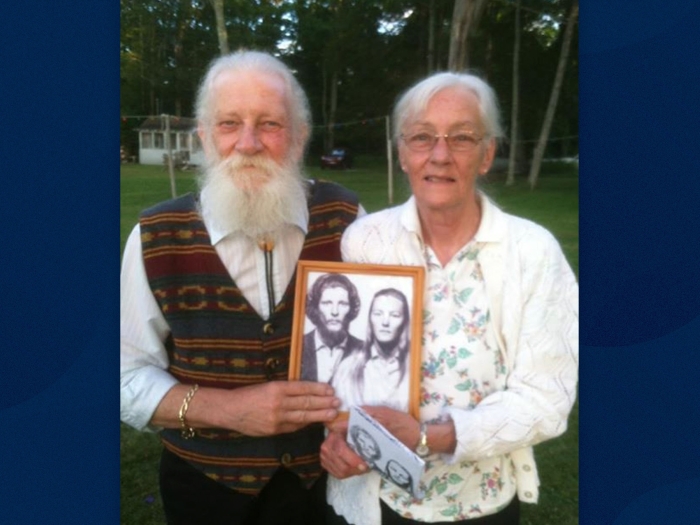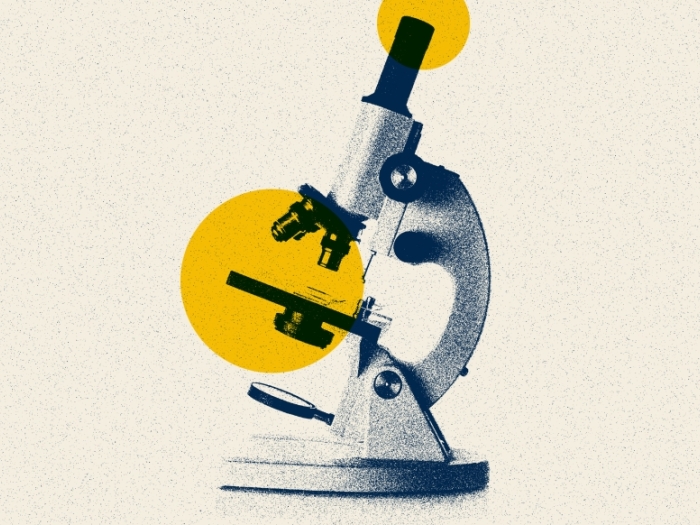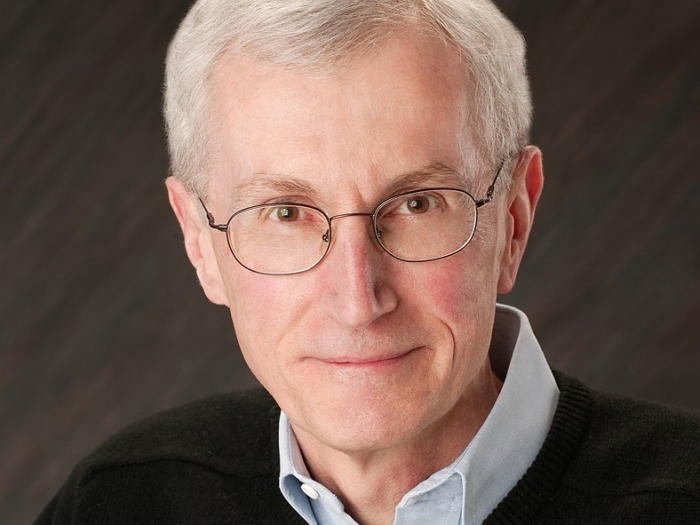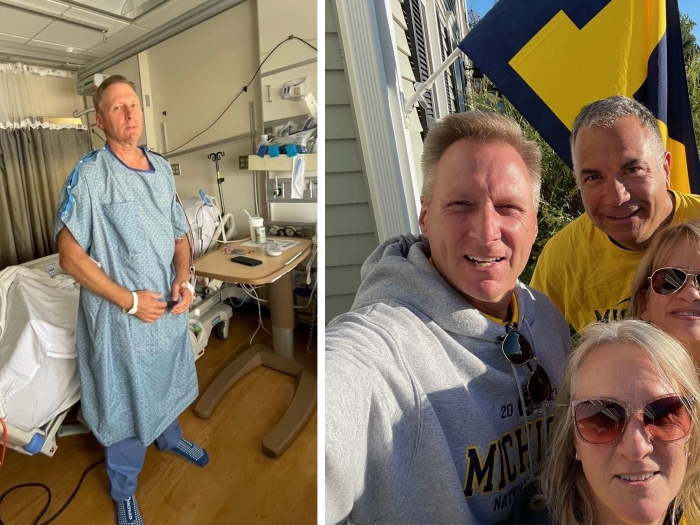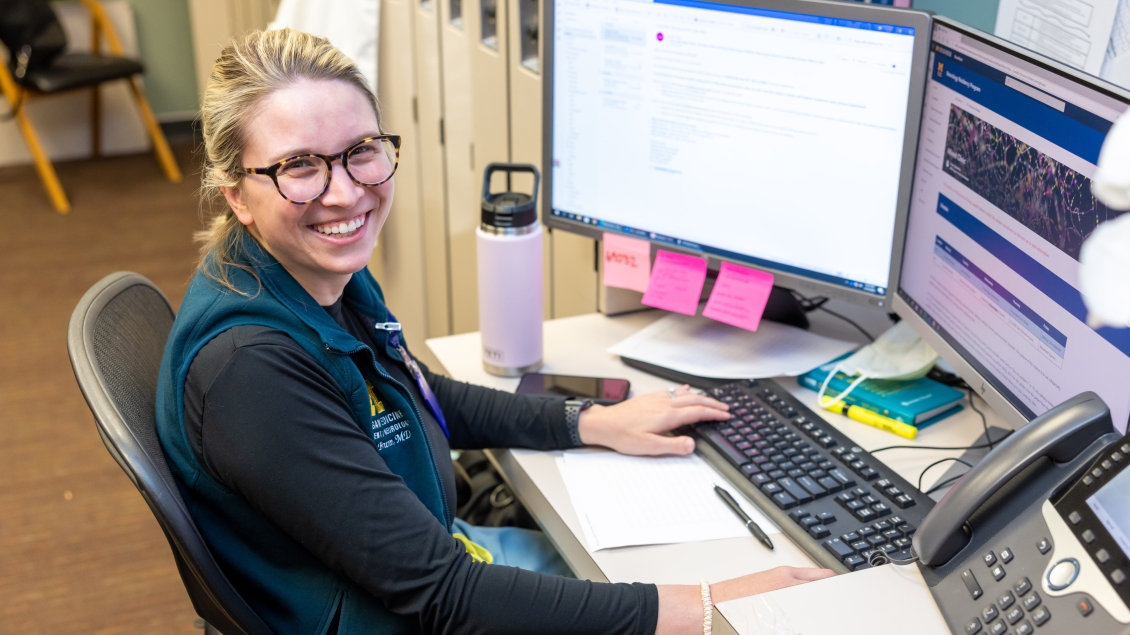
Next Steps with Neurology
The U-M Medical School Department of Neurology offers several fellowship opportunities as well as advanced training programs to continue your education and begin your career in academic medicine.
The U-M Medical School Department of Neurology offers five ACGME board-certified fellowship programs. Click on the links below to learn more about each of our fellowships.
The U-M Medical School Department of Neurology offers five non-ACGME accredited advance training programs. Follow the links below to learn more about each of our programs.

We find a new reason to love Ann Arbor nearly every day — year-round outdoor activities, cultural experiences, a growing food scene, and a welcoming, family-friendly atmosphere are just a few that come to mind. Explore all that Ann Arbor and our surrounding communities have to offer.
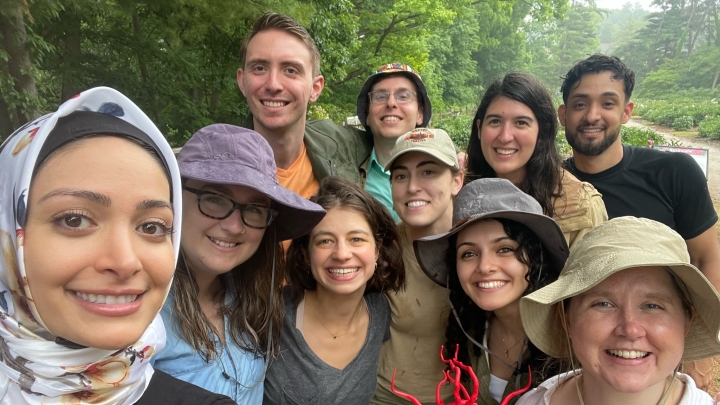
We are committed to promoting inclusion, diversity and cultural sensitivity within our department and our community. Our missions of patient care, education and research are enhanced when people of all backgrounds feel supported, respected and included.
We have a long tradition of providing world-class training in clinical neurology. Your experience at the University of Michigan Department of Neurology will afford you many opportunities and prepare you to be an educator and a leader in our health care community.


